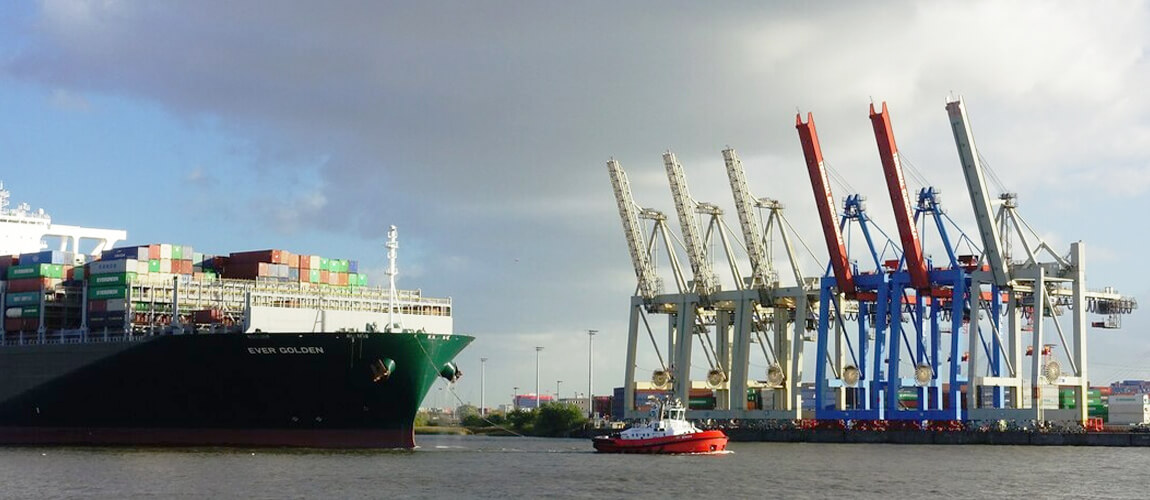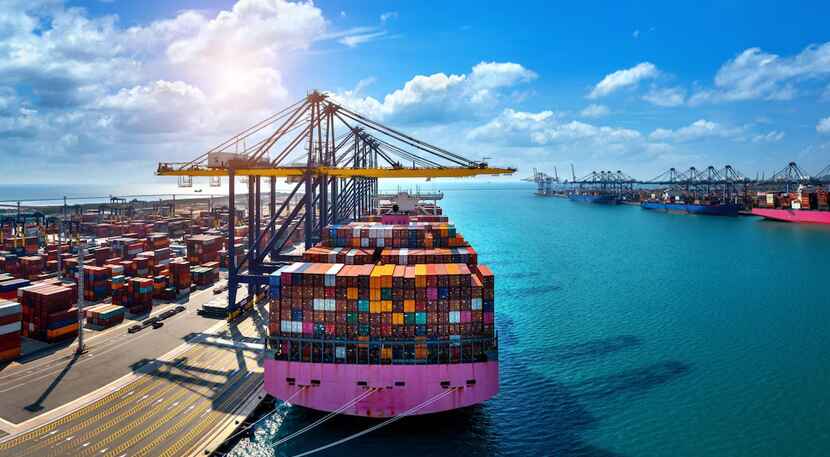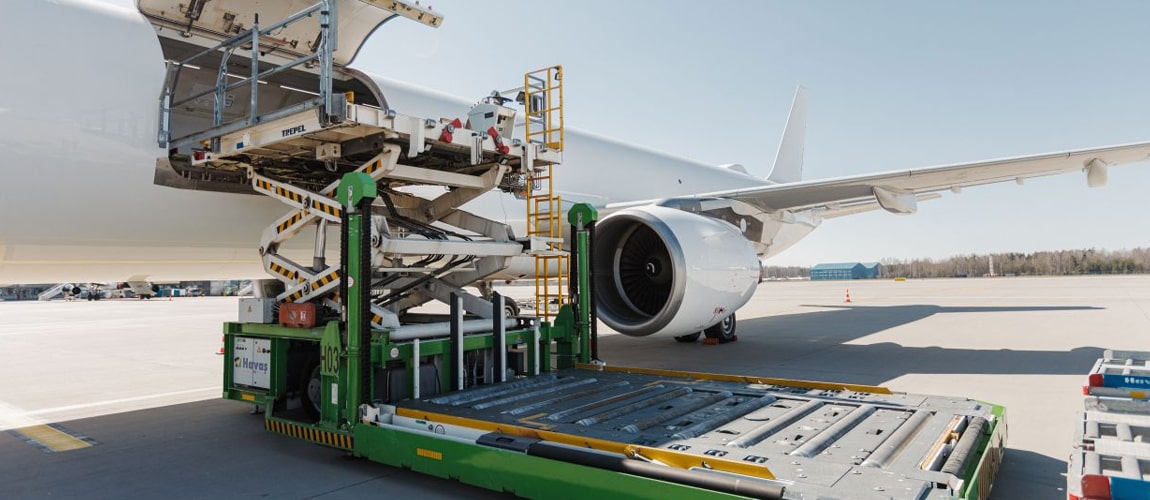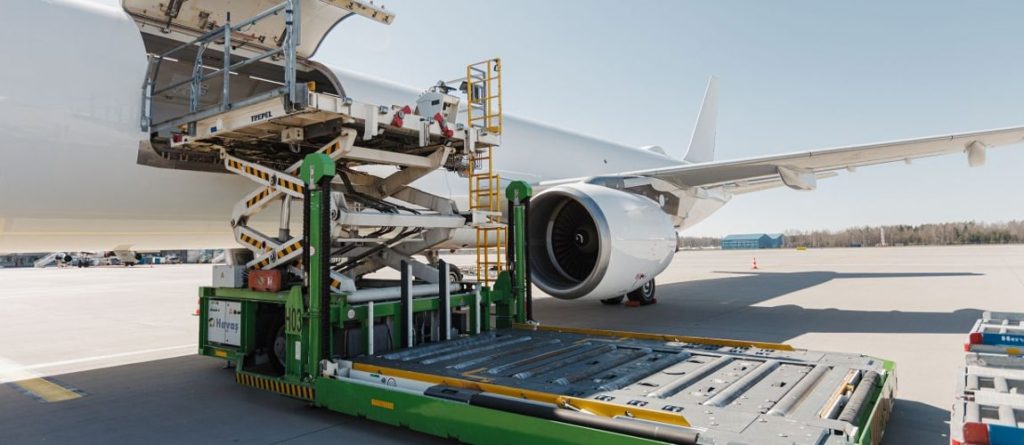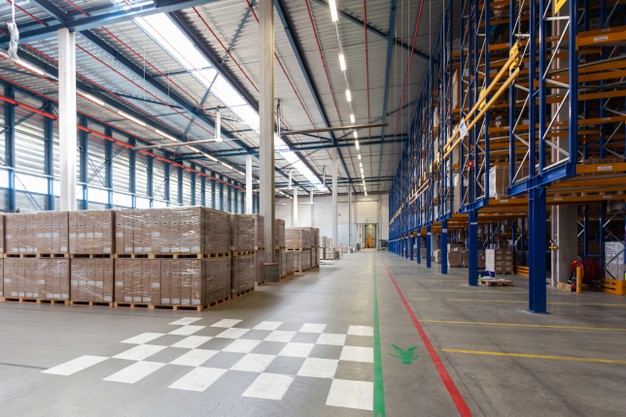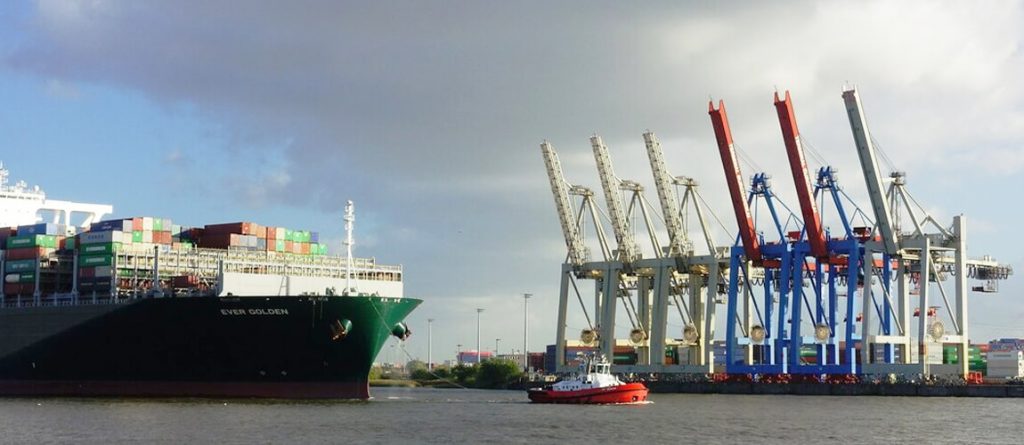
International ocean freight shipping is an intricate operation that includes numerous critical processes, each critical to the safe delivery of products across the world’s oceans and seas. Let’s divide this process into specific subheadings:
Cargo Preparation
- An ocean freight shipment starts with the customer or operator preparing it for transport.
- Proper packaging protects items throughout transportation, ensuring they arrive in good condition.
- Proper labeling is essential for accurately identifying freight and destination.
- Documentation must meet international rules, comprising invoices of lading, payments, certifications of origin, and other applicable documents.
- The container shipping business is crucial for worldwide trade and commerce because to its extensive network.
It comprises a wide range of business verticals, all contributing to the safe and effective transportation of products across the oceans all around the globe. This blog provides an introduction of the container shipping industry’s key business verticals, as well as insights into its multidimensional character.
Liner Shipping
Liner shipping is the foundation of the box shipping industry. It entails fixed routes and schedules for carrying containers among major ports. Shipping lines in this sector are important in linking countries and continents. The emphasis here is on dependability and efficiency.
Cargo Transportation
Freight forwarding businesses carry cargo from producers to consumers. They act as middlemen among importers and carriers, organizing the shipping process. Their expertise is in route optimization and documentation management.
Port Operations
Ports facilitate container loading, unloading, and transfer between vessels and transportation on land. Port supervisors, stevedoring, and immigration clearance are all aspects of port operations. Port efficiency is critical for ensuring cargo movement.
Intermodal transportation
Intermodal transportation involves transporting containers effortlessly between modes of transportation, including ships, trucks, and trains. This vertical guarantees that goods arrive at their final location without delay, especially when it involves several means of transportation.
The Supply Chain Management and Logistics sector optimizes the whole supply chain. Professionals in this sector work to improve the flow of commodities, lower prices, and reduce delays. They ensure that things get to the intended location efficiently and promptly.
Holder Leasing and Sales
The container lease and resale business is crucial for providing shipping firms and shipping companies with the necessary containers. Containers can be bought or rented for specialized applications, making this vertical an important part of the market.
Container manufacturing
The industry originates from container manufacture. Container manufacturers make the containers utilized in cargo transportation. Quality, durability, and compliance with international standards are critical in this industry.
Science and innovation
Technology and innovation are crucial in the rapidly changing container shipping industry. This sector develops approaches to vessel optimization, tracking, technological advancement, and automation to improve efficiency and sustainability.
Environmental sustainability
The container transport sector prioritizes sustainability. This sector focuses on conservation efforts, fuel alternatives, and environmentally friendly methods to lessen the industry’s carbon footprint.
Compliance and legal matters
The container shipping sector is governed by several international and local rules. Law and regulatory professionals guarantee that corporations follow these standards, which protects the industry’s credibility.
Varieties of Sea Freight Shipping
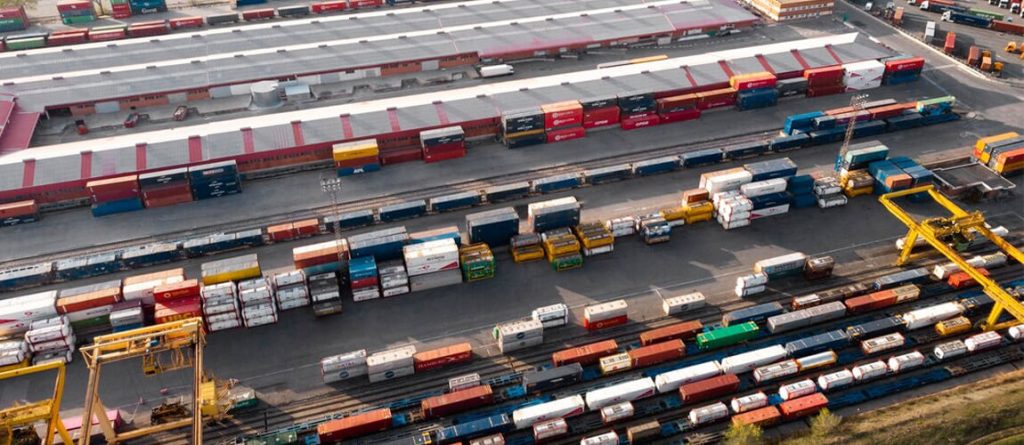
There are four major categories of maritime shipping:
• FCL sea freight refers to the delivery of a whole container or multiple containers of goods.
• LCL maritime freight integrates shipments from numerous shippers into a single container, making it perfect for shippers that need to move products via ocean but do not require a complete container.
• Dry bulk transportation includes loading dry cargo straight into an ocean carrier’s hold, rather than a container.
• Wheel-on, roll-off (RORO) ocean shipping is suitable for non-containerized commodities such as autos. Instead, they are pushed or driven right onboard the cargo vessel and secured before being transported or driven off when they arrive at their destination.

 07424380227
07424380227